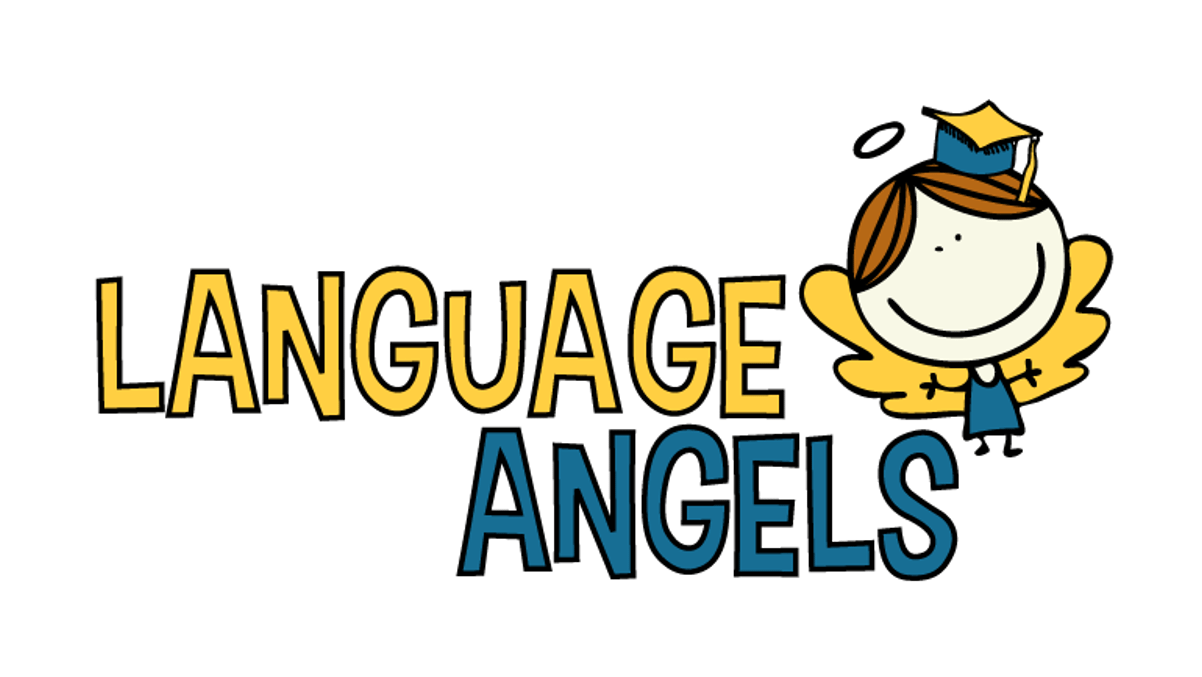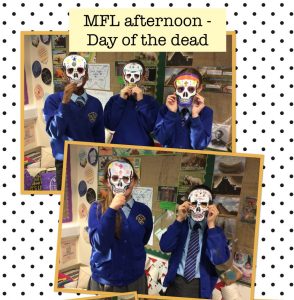Modern Foreign Languages – Spanish
Saints Peter and Paul Catholic Primary School KS2 Standard Unit Planner
Saints Peter and Paul Catholic Primary School KS2 Mixed Age Standard Unit Planner
Learning a foreign language is a liberation from insularity and provides an opening to other cultures. A high-quality languages education should foster pupils’ curiosity and deepen their understanding of the world. At Saints Peter and Paul, Spanish is taught throughout Key Stage Two.
Intent:
All pupils at Saints Peter and Paul have the right to a rich and deep learning experience that includes the learning of the basics of an additional language. The study of Languages prepares pupils to participate in a rapidly changing world in which work and other activities are increasingly carried out in languages other than English. Language learning provides liberation from insularity and provides an opening to other cultures. In addition, understanding a modern foreign language increases a child’s understanding of their own language, and the building blocks which form this. Increased capability in the use of languages can also promote independent learning and encourages diversity within society. We teach a curriculum that enables our pupils to become effective users of language, and show an understanding and respect of different cultures in our local, national and global communities.
Implementation:
Spanish is taught on a weekly basis throughout Key Stage Two by all Class Teachers. We use the scheme Language Angels to support our teaching of Spanish. Teachers have access our Spanish scheme of work – which covers all aspects of the MFL curriculum: speaking, listening, reading, writing and cultural understanding, and progresses these skills and knowledge throughout Key Stage 2. Activities can consist of actions, rhymes, stories, song, drama, grammar focus, sentence structure and many more creative ways to extend, embed and combine language skills. Teachers and pupils use Spanish in daily routines, for example, through answering the register.
Impact:
Our MFL curriculum is fun and enjoyed by learners, it is well-resourced and planned through Key Stage 2. In addition, we measure the impact of our curriculum through:
- Pupil discussions about their learning;
- Monitoring and reflection against subject-specific skills defined in each year of study;
- Children applying their cultural understanding and tolerance across society and cultures.
In Saints Peter and Paul Catholic Primary School, we use Language Angels to support our language learning!

The national curriculum for languages aims to ensure that all pupils:
- understand and respond to spoken and written language from a variety of authentic sources
- speak with increasing confidence, fluency and spontaneity, finding ways of communicating what they want to say, including through discussion and asking questions, and continually improving the accuracy of their pronunciation and intonation
- can write at varying length, for different purposes and audiences, using the variety of grammatical structures that they have learnt
- discover and develop an appreciation of a range of writing in the language studied.
Pupils are taught to:
- listen attentively to spoken language and show understanding by joining in and responding
- explore the patterns and sounds of language through songs and rhymes and link the spelling, sound and meaning of words
- engage in conversations; ask and answer questions; express opinions and respond to those of others; seek clarification and help
- speak in sentences, using familiar vocabulary, phrases and basic language structures
- develop accurate pronunciation and intonation so that others understand when they are reading aloud or using familiar words and phrases
- present ideas and information orally to a range of audiences
- read carefully and show understanding of words, phrases and simple writing
- appreciate stories, songs, poems and rhymes in the language
- write phrases from memory, and adapt these to create new sentences, to express ideas clearly
- describe people, places, things and actions orally and in writing
(Primary National Curriculum 2014)

